Strategic communications for social change
The Wakeman Agency helps mission-driven causes and socially responsible companies leverage the power of strategic communications in pursuit of social change.
Learn how to anchor your messaging in constitutionally protected rights.
➜ Read our most recent article.
Communications is at the root of social change and that is why it is at the heart of everything we do. It is used to shape perception, influence policy, fundraise, engage with audiences and navigate crises. Our service offerings leverage communications strategically for the social change sector.
Click through the boxes below to learn more about our Service Offerings:
Every day is like an avalanche of information overload and we are helping many in the social change sector to manage the complexities through proactive strategies.
Work in Action
Discover how our unique capabilities and methodologies create impact and ignite action.
2025 Thought Leadership Snapshot
The EEAP Coalition Bookmobile
In subtle and not-so-subtle ways, the communications environment in every sector is changing before our eyes. The rapid movement of social boundaries and taken-for-granted norms is impacting our interpersonal relationships, our teams and the public space as a whole.
Contact us to explore how our strategic communications offerings can amplify your organization’s work.

